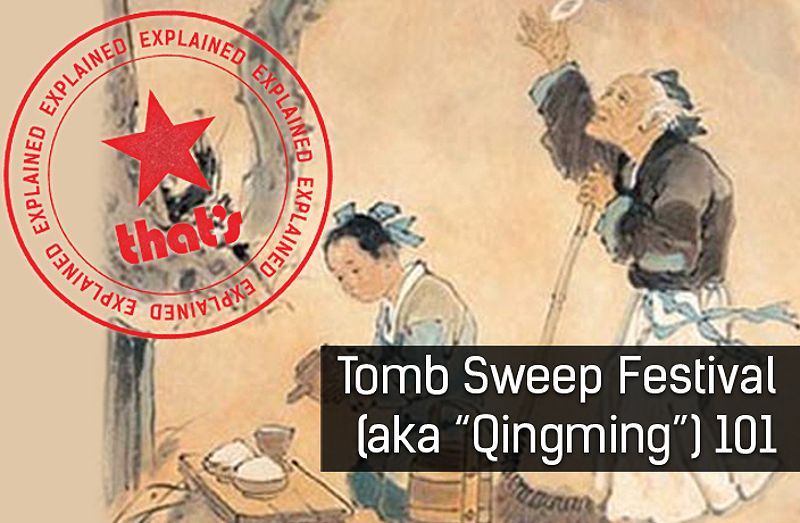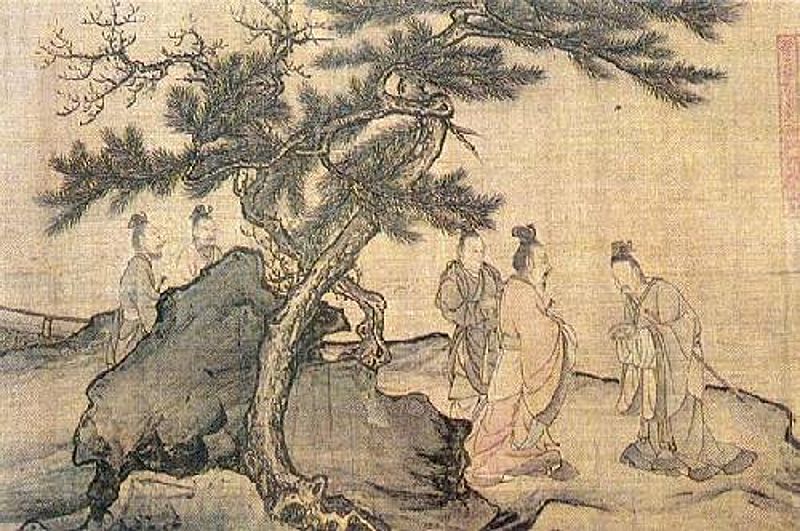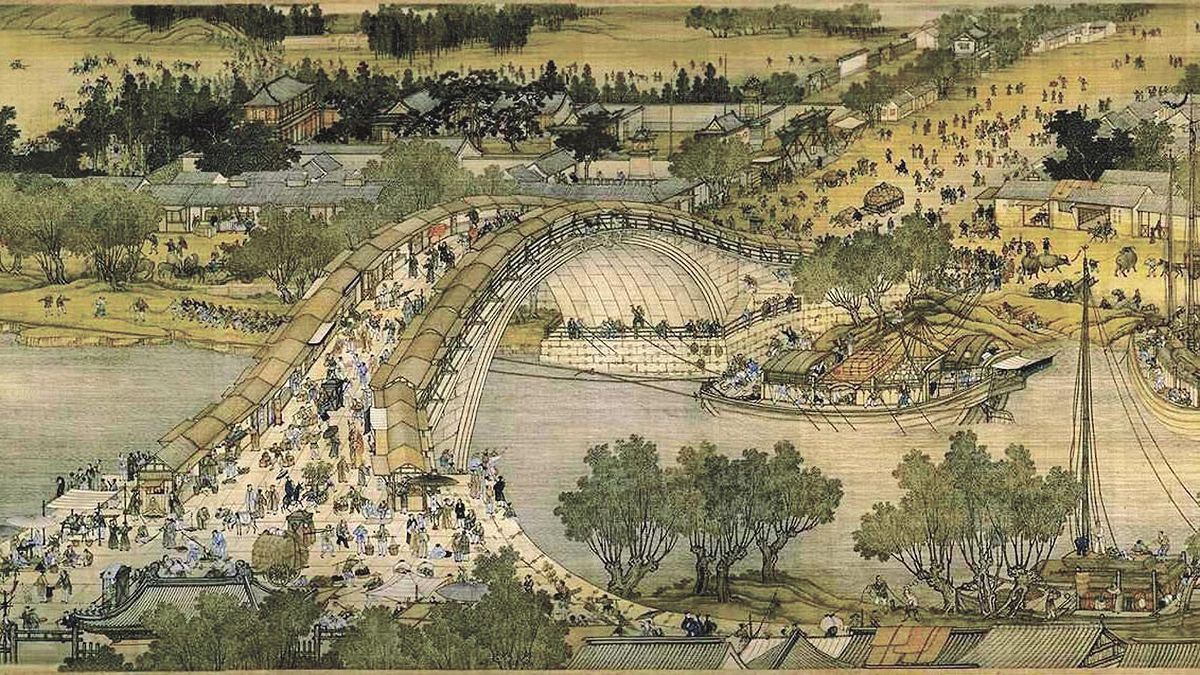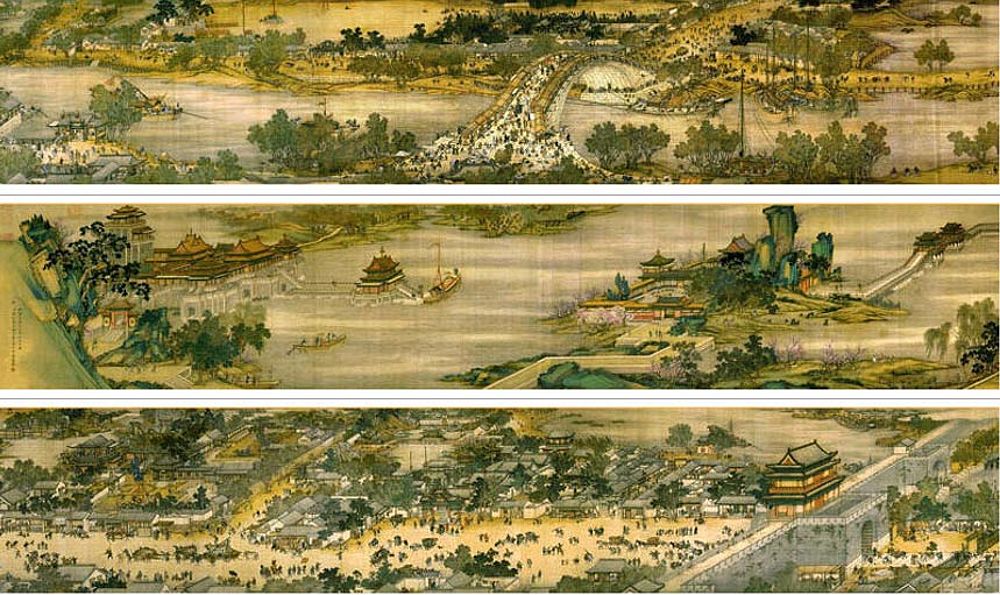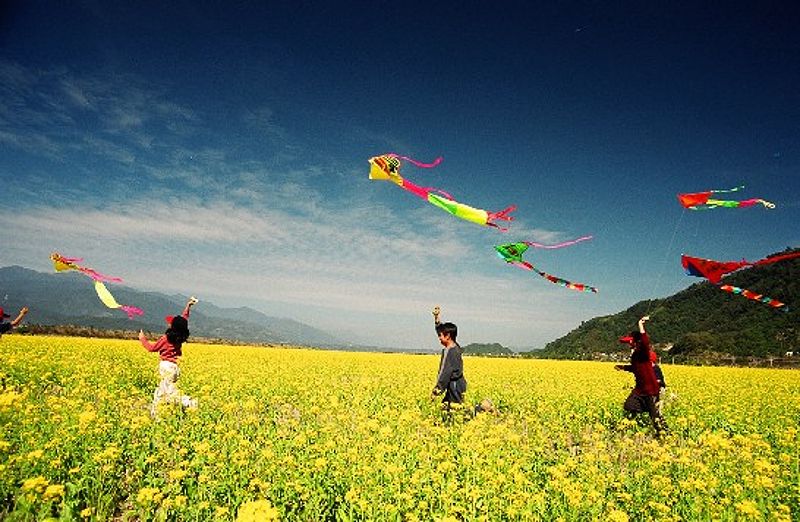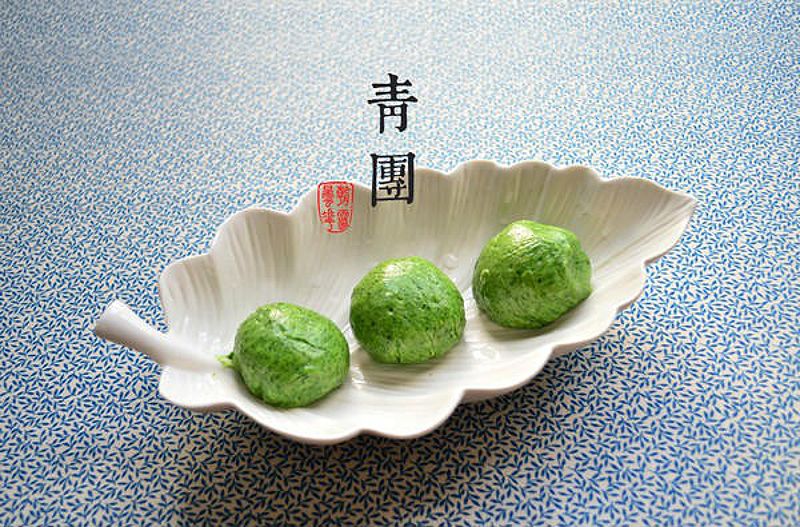Learn about the origins and customs of Qingming Festival, also known as Tomb-Sweeping Day, where Chinese people honor their ancestors and enjoy the beauty of spring. Discover the traditions of tomb sweeping, kite flying, and the significance of the famous painting 'Along the River During the Qingming Festival'.
Qingming Festival: Honoring Ancestors and Embracing Spring
Qingming Festival, also known as Tomb-Sweeping Day or Pure Brightness Festival, is a traditional Chinese celebration that holds cultural significance in China. It is a time when Chinese people honor their ancestors and embrace the beauty of spring. Let's explore the origins and customs of this special festival.
The origins of Qingming can be traced back to the Cold Food Festival, also known as 'Hanshi Jie.' This festival was a memorial to Jie Zitui, a loyal retainer of Duke Wen of Jin during the Spring and Autumn Period. Jie showed his loyalty by sacrificing himself to provide food for Duke Wen when they were starving. After Duke Wen came into power, Jie chose to live as a recluse in the woods. Duke Wen wanted to seek Jie's advice but had trouble finding him. Tragically, Jie and his mother died in a fire set by Duke Wen to force Jie out. Duke Wen discovered a poem written in Jie's blood in a hollow part of a willow tree near where Jie died. This poem expressed Jie's loyalty and his wish for Duke Wen to become a wise and sagacious emperor. To honor Jie, Duke Wen declared three days without fire and named the day of Jie's death 'Hanshi.' The following year, Duke Wen and his retainers paid homage to Jie's grave and discovered that the willow tree was still flourishing. Duke Wen named the tree the 'Qingming willow,' and the day after became known as the 'Hanshi Qingming Festival.' Over time, the festival evolved into a day to honor deceased ancestors during the Tang Dynasty.
One of the most famous depictions of Qingming Festival is the painting 'Along the River During the Qingming Festival' by Zhang Zeduan. This painting, created during the Song Dynasty, captures the bustling atmosphere of the capital city during the festival. It showcases the tradition of 'taqing,' where people tread on the greenery to signify the transition from winter to spring. Qingming is considered the perfect time for outings and planting seeds.
Tomb Sweeping: Honoring Ancestors and Paying Respects
The main activity during Qingming Festival is tomb sweeping. It is a time for Chinese people to visit the graves of their ancestors and pay their respects. They clean the tombstones, offer food, flowers, and favorite items of the deceased. In some cases, they may even burn paper money and incense as offerings.
During Qingming, people also fly kites as a popular activity. In ancient times, it was believed that the gates of hell were open on Qingming, allowing people to send greetings to the departed through kites. Today, flying kites during Qingming is a way to bring good luck in the new year.
Traditionally, people refrain from lighting fires or cooking on Qingming and only consume cold food. In the north, precooked cold dishes like jujube cakes and barley cakes are popular. In the south, people enjoy qingtuan, green rice balls made of rice flour and wormwood juice, and sweet-scented sugar lotus root stuffed with sticky rice.
Qingming Festival: Reflection, Remembrance, and Appreciation
Qingming Festival holds cultural significance in China, serving as a time for reflection, remembrance, and appreciation. It is a time to reflect on the sacrifices and loyalty of ancestors, to remember their contributions, and to honor their memory. Chinese people take this opportunity to express their gratitude and pay their respects.
Aside from tomb sweeping and kite flying, Qingming is also a time to appreciate the beauty of nature in spring. Many people take outings to enjoy the blooming flowers, lush greenery, and pleasant weather. It is a time to rejuvenate the spirit and embrace the new beginnings that come with the arrival of spring.
Qingming Festival is not only a time for honoring ancestors but also a celebration of the changing seasons. It is a unique cultural tradition that highlights the importance of family, remembrance, and the beauty of nature.

